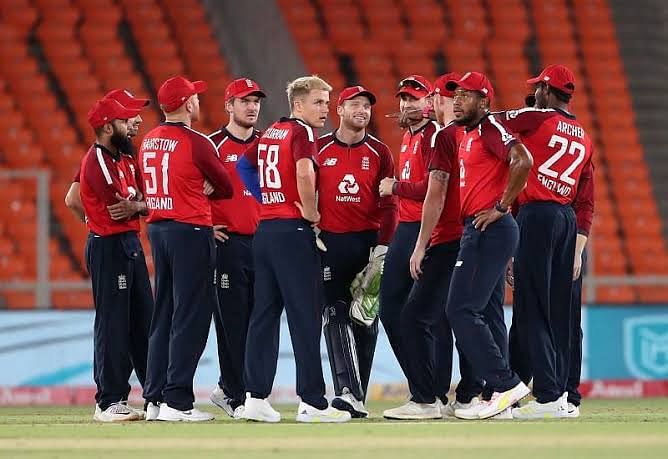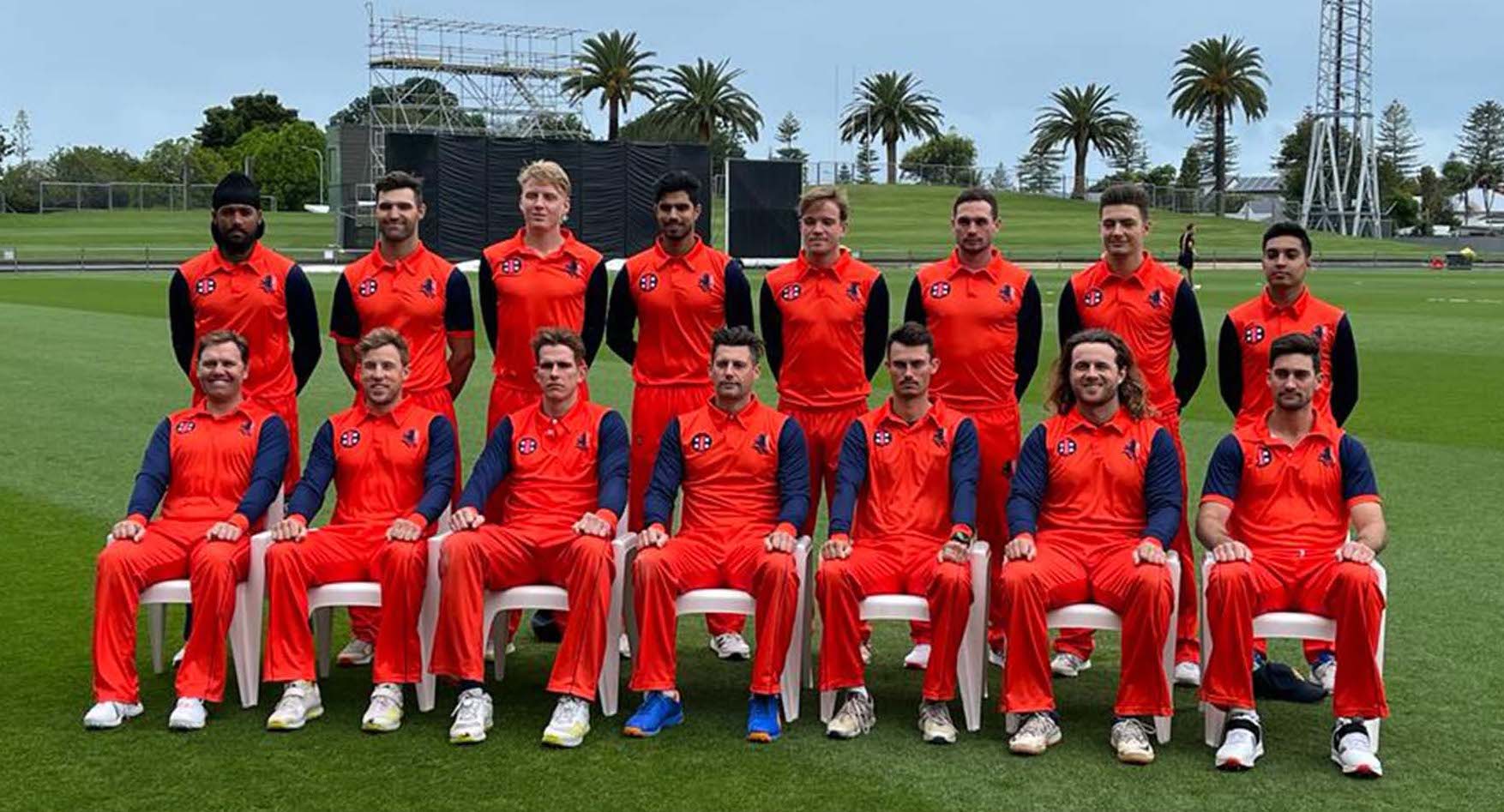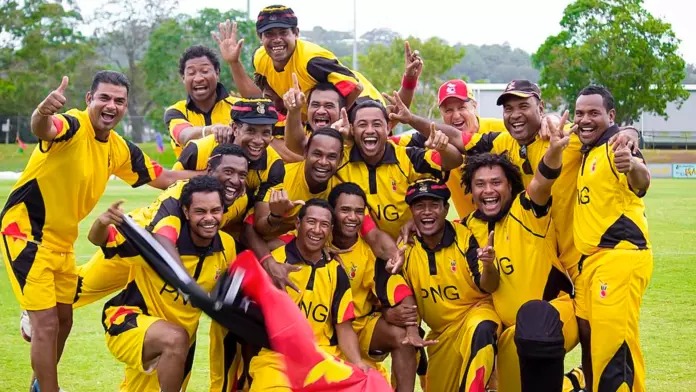In the era of cricket that's dominated by the limited-overs format, Test cricket has still stood strong as a form of cricket that still demands great batting personnel and composure.
But even in a Test match, how many times have you witnessed a bowler picking a wicket of all the batsmen of the team? Well, today we have a list of players who managed to get every opposition batsman out at least once in a Test.
JC Laker (26 July 1956)
(19/90)
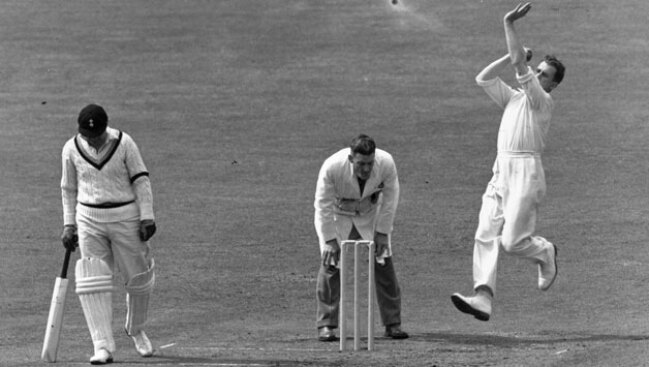
Australia were on a tour of England, and it was the fourth Test in Manchester. England had won the toss and were batting first. After a top-order spectacle, England finished the first innings with 459 on the board, with centuries from Peter Richardson and David Sheppard.
However, the magic lay in England's bowling when Jim Laker picked nine wickets in the first innings inside 17 overs (16.4). The only wicket that didn't go Laker's way was Jim Burke.
However, after bowling out Australia on only 84, Australia were out to bat again and this time they were better but their performance wasn't enough to surpass England's total of 459. Australia were all out for 205 in the second innings and lost the match by an innings and 170 runs, but what was so astounding about this match was the fact that Laker picked 19 wickets in the whole match.
Nine in the first innings, followed by all ten wickets in the second. When can we witness this another time? Will there ever be a time?
Srinivas Venkataraghavan (19 March, 1965)
(12/152)
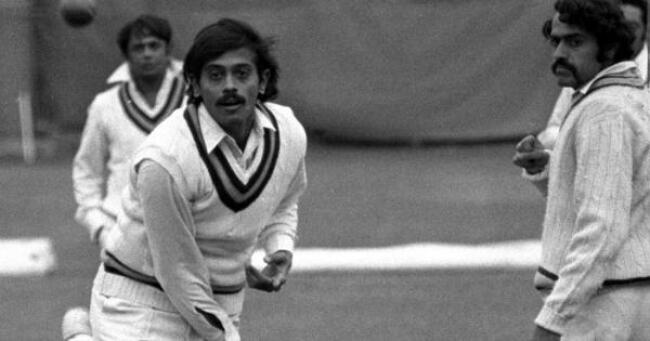
New Zealand were touring India and again, it was the fourth Test of the series, and the match was scheduled to take place in Delhi. NZ had won the toss and they were batting first.
New Zealand put 282 on the board with Venkataraghavan picking eight out of the ten wickets. After India's exquisite batting display, India declared their batting on 465/8 and NZ had to bat again and set a target for the home side.
Once again, Venkataraghavan stood out among the other bowlers, picking four wickets, two of which he picked in the second innings. (John Reid and Bruce Taylor).
India won the match by seven wickets after they had to chase only 70. Kudos to Venkataraghavan for picking the major chunk of wickets and achieving something we haven't seen more than five or six times in over 75 years of Test cricket.
Geoff Dymock (2 October 1979)
(12/166)
India had won the toss and were batting first in Kanpur in what was the 3rd Test of the 6-match series. India scored 271 with Geoff Dymock picking five wickets (Sunil Gavaskar, Gundappa Viswanath, Karsan Ghavri, Shivlal Yadav, Venkataraghavan).
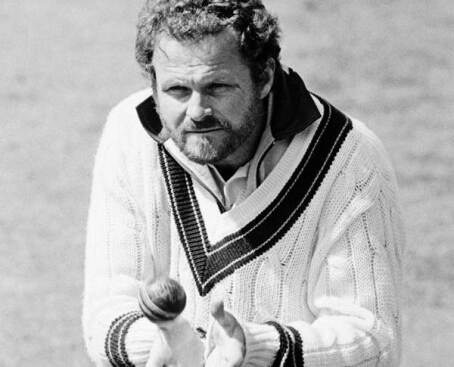
After Australia scored 304, it was India's turn to bat, India scored 311, with Dymock picking seven wickets again. This time the remaining seven wickets incorporated the ones he hadn't dismissed in the first innings (Yashpal Sharma, Dilip Vengsarkar, Chetan Chauhan, Syed Kirmani, Dilip Joshi).
Dymock became just the third cricketer to achieve this and that's incredible, isn't it?
Abdul Qadir (25 November 1987)
(13/101)
It was England who were the visitors as Lahore hosted the first Test of the series between England and Pakistan. England were batting first and managed to register just 175 on the board, courtesy of Abdul Qadir, who picked nine wickets, leaving only David Capel.
After firing England for 392 runs, the hosts bowled brilliantly again as England's innings was summed up at just 130, Qadir picking four wickets again.
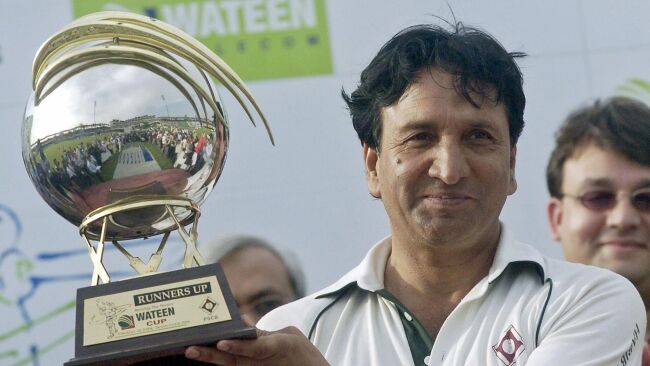
This time he did manage to pick David's wicket as he became the fourth cricketer to do so in this elite list.
Waqar Younis (26 October 1990)
(12/130)
This was the first time that the feat was repeated within eight years or more, in fact just three months after another Pakistan bowler accomplished it.
It was the third Test in Faisalabad and New Zealand were all set for the third Test. The hosts had a dreadful start as they were put to bat by the visitors. Pakistan were all out for just 102.
They needed a strong response but all they could do was end New Zealand's innings at 217. Waqar Younis picked 7/76 and the wickets he couldn't get to his name were Phil Horne, Martin Crowe, and Ian Smith.
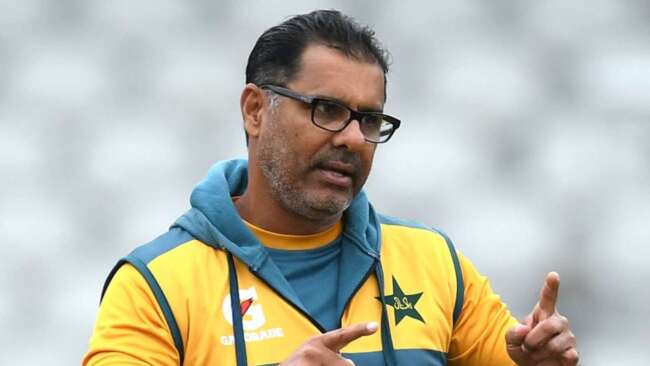
However, in the second innings, Pakistan came back strongly in the game, scoring 357, with Shoaib Mohammad's 142 being the most vital contribution in the total.
New Zealand had 243 to chase and this time, the hosts stepped up and got rid of the visitors for just 177, with Waqar Younis picking 5/54. He dismissed the remaining batsman as well. Another man who picked more than ten wickets in the match was Chris Pringle, but he failed to dismiss just Saleem Jaffar, denying him an entry to this list of elites. So close, right?
Muttiah Muralitharan (20 July 2000)
(13/171)
South Africa had visited Sri Lanka for a 3-match series and this was the first Test match at Galle. Sri Lanka were batting first, and they batted well, scoring 522, courtesy of Sanath Jayasuriya's 148 and Mahela Jayawardene's 167.
South Africa had to reply strongly but all they could manage was 238 and the man responsible for this was Muttiah Muralitharan.
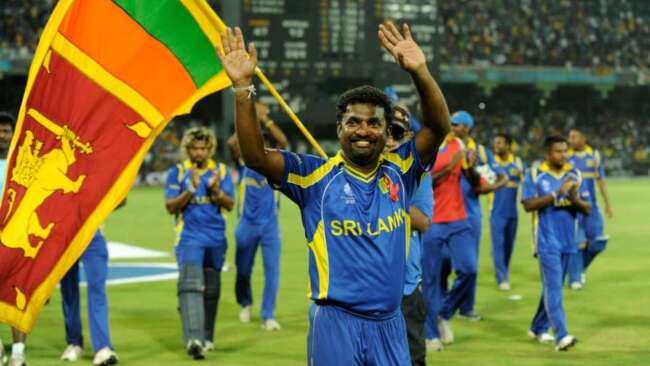
Muralitharan picked six wickets in the first innings as the Proteas were out to bat again as a result of a follow-on. Once again, Muralitharan picked seven wickets and South Africa were all out at 269, losing the match by an innings and 15 runs, making Muralitharan the last man in any form of cricket to do so.
Which bowler can potentially achieve this in this time? Is it possible? Let us know your thoughts via your social media accounts. Follow Cricwizz on Facebook, Instagram, and Twitter for more updates.
We bet you won't be disappointed. Stay tuned with Cricwizz for the best cricket content.
Cover Credits: CricketNation

